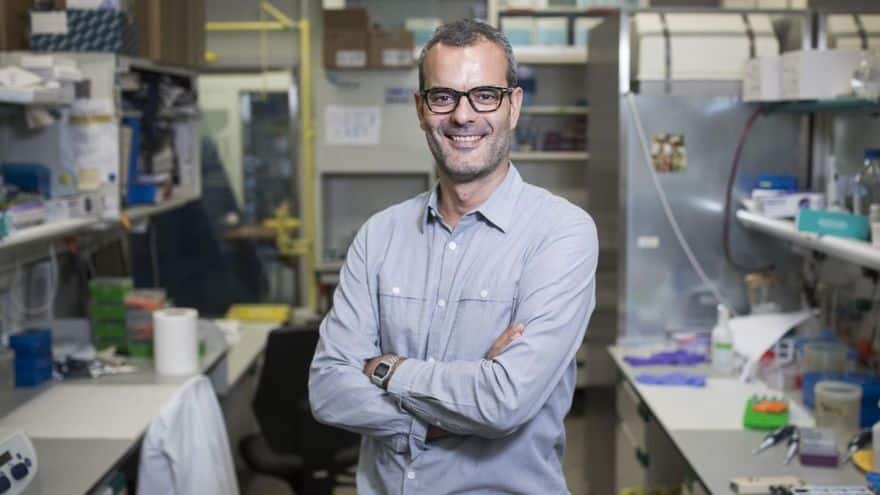What sparked the idea for the study?
We published a study in 2017 that identified the cells responsible for metastasis. We didn’t know whether all cells are capable of metastatic spread before. And we discovered that it’s not all of them; fortunately, it’s a very small number. We were able to ask ourselves what distinguishes these cells from the rest when we recognized them, and we began to notice that those with metastatic capacity require a significant lot of energy.
And what have you discovered since then?
One of the major problems we’ve attempted to answer is how much fatty acid they require and in what quantity. And we’ve seen that, thankfully, among the primary fatty acids in our diet, palmitic acid is about the only one with the ability to induce metastasis. Whereas oleic acid, the major element in olive oil, is innocuous in some patients, it has a preventive effect against metastasis in others.
What else have you discovered?
That once the metastatic cell consumes the palmitic acid, it uses some of it for energy and the remainder to enter a kind of uncontrolled regenerative state, signaling the other cells to do the same. The cells travel in all directions and have a high survival rate, which is terrifying for the patient. Palmitic acid orchestrates all of this. While we wish we knew everything, we are only scratching the surface of what the acid and other components produce in the cells to give them this incredible potential. In human terms, a metastatic cell is equivalent to a person running to New York and founding a new city once there.
“A metastatic cell is equivalent to a human running to New York and establishing a metropolis there.”
How did you conduct your research?
We employ a variety of strategies. For example, we take samples from patients and transplant them into mice in the same place where the tumor first developed in the patient, and the cancer generally acts almost identically. What happens is that it happens faster in the mouse. To understand the tumor, we combine this with molecular biology technologies.
Is this discovery limited to metastasis or does it also apply to cancer in its early stages?
Objectively, and against our surprise, it appears to effect solely metastasis. Primary cancers require lipids, but not to the extent that metastatic cells do. Sugar and amino acids are more significant in early tumors. But, for some reason, metastatic cells require palmitic acid; it’s one of their greatest strengths, but it’s also one of their worst weaknesses because they’re addicted to it, and if you stop them from swallowing that fat, they die.
What do you recommend to consumers in light of this discovery?
Palmitic acid is synonymous with life; it exists in the body because cells can make it in order to operate properly. True, it is more prevalent in dairy goods, red meat, sausages, and any product containing palm oil. And we consume more fat than we should, which contributes to society’s obesity crisis. However, because I am not a dietician, I am hesitant to give advice. On a personal note, I encourage eating properly, rather than bingeing on sweets and fatty foods. A healthy, well-balanced diet is ideal.
“Sugar and amino acids are more significant in early tumors”.
For the full article, please visit Diario de Ibiza website here.


